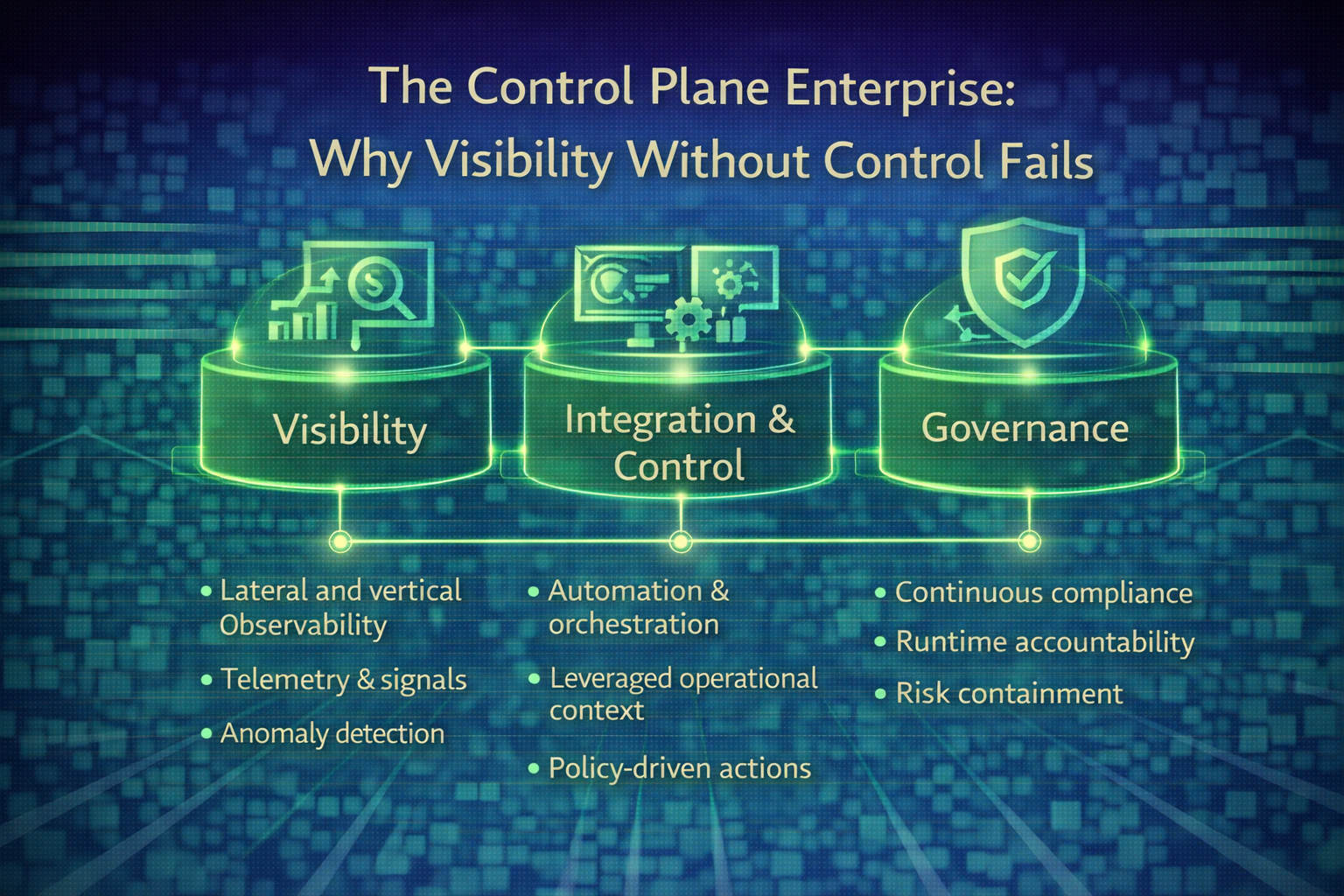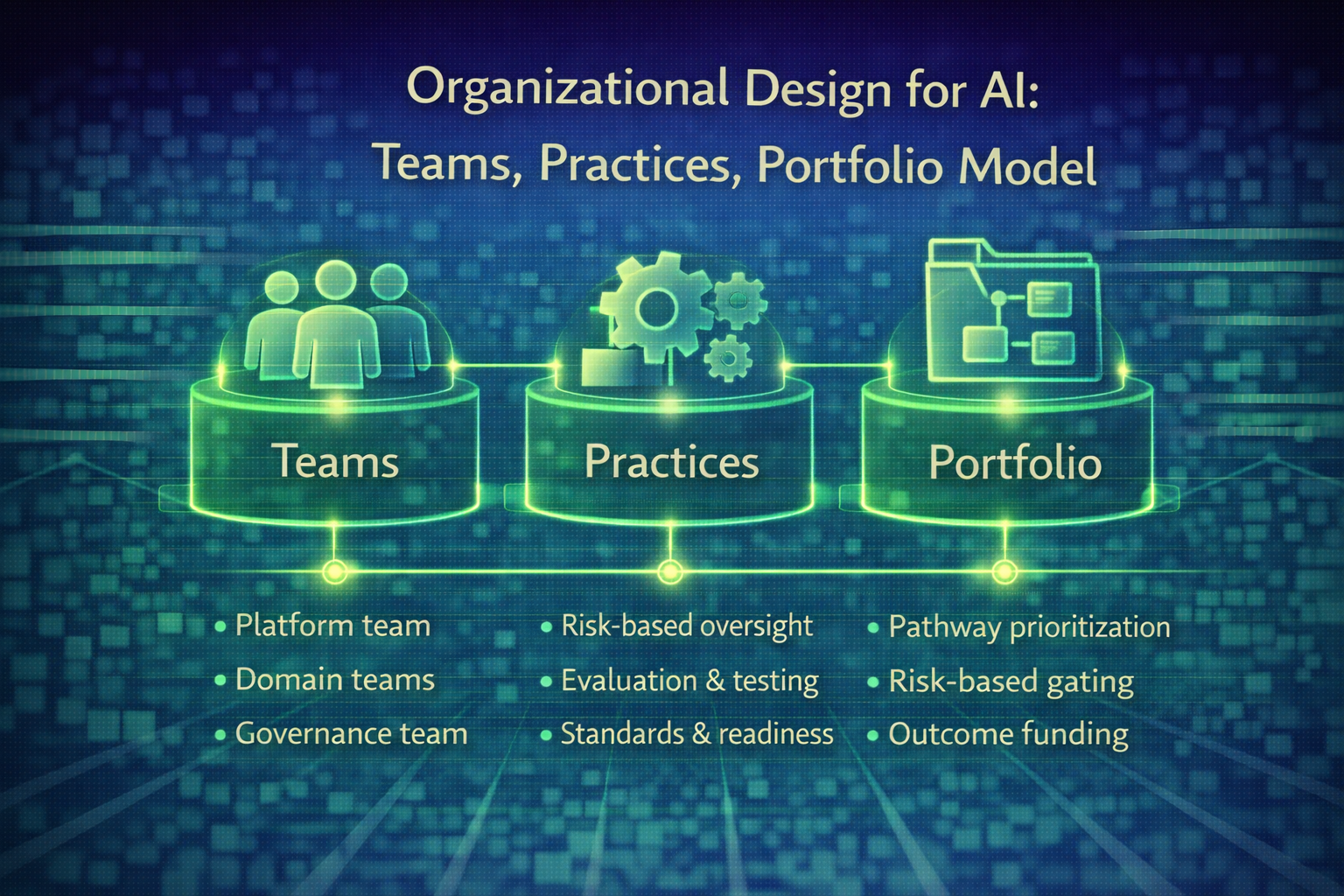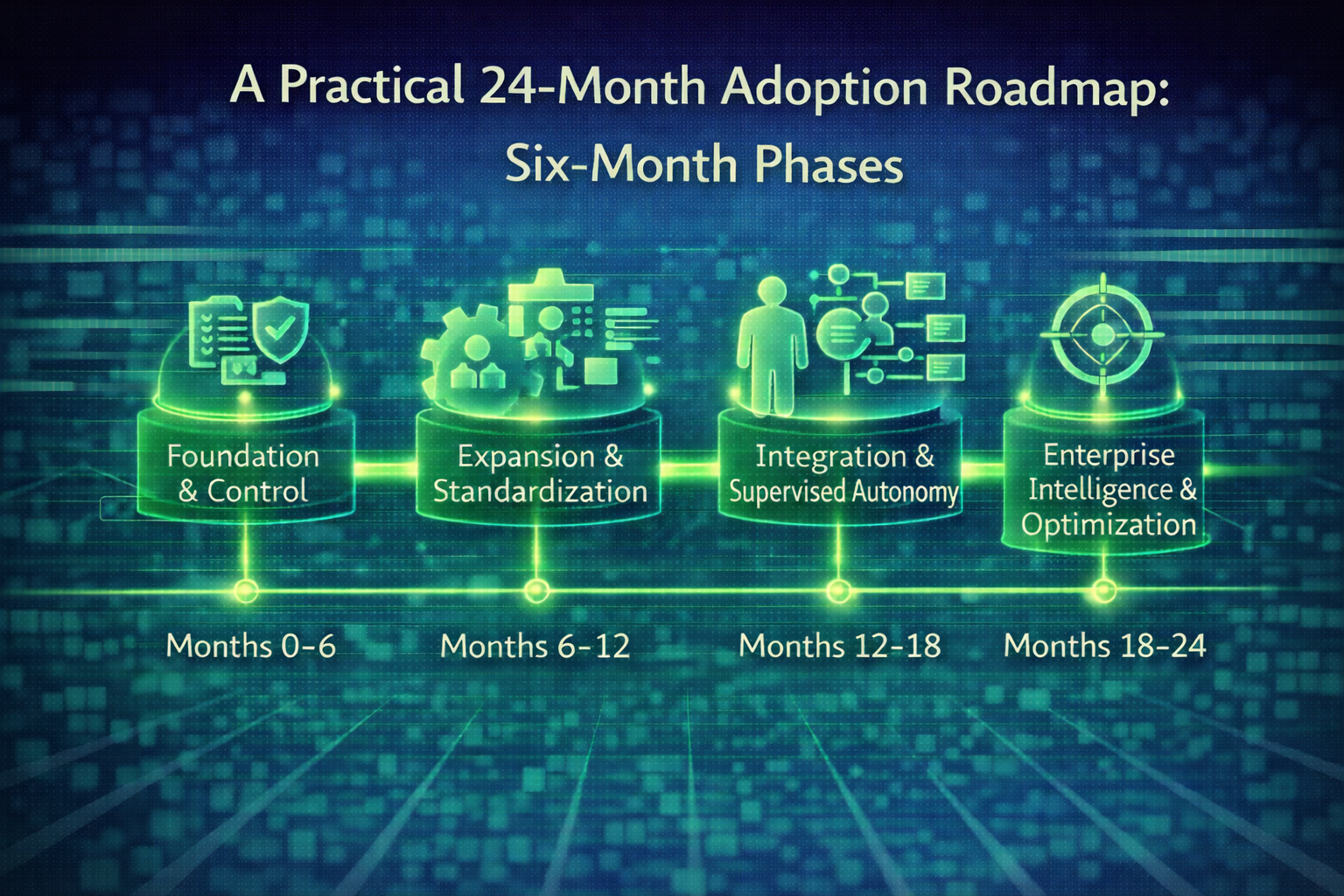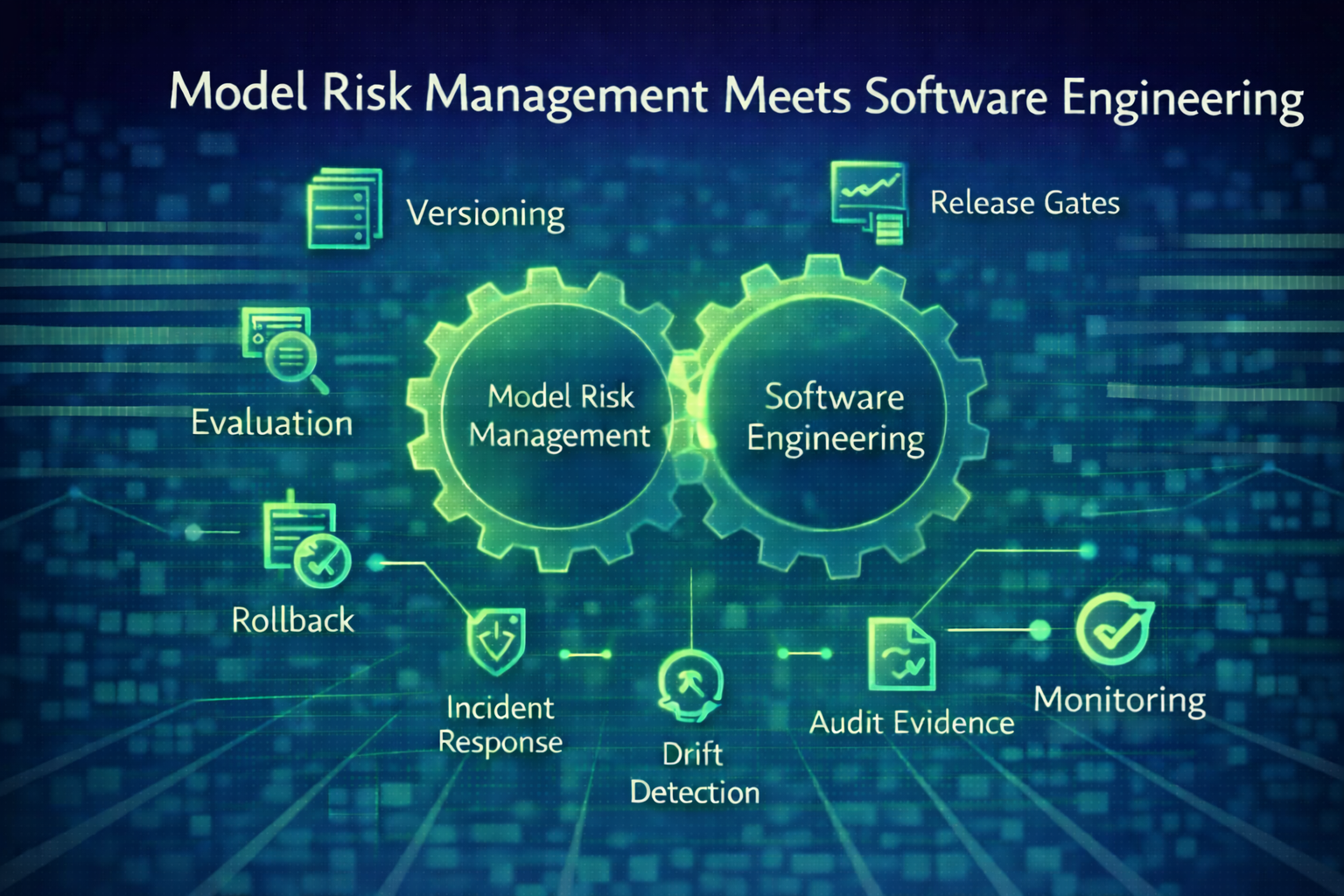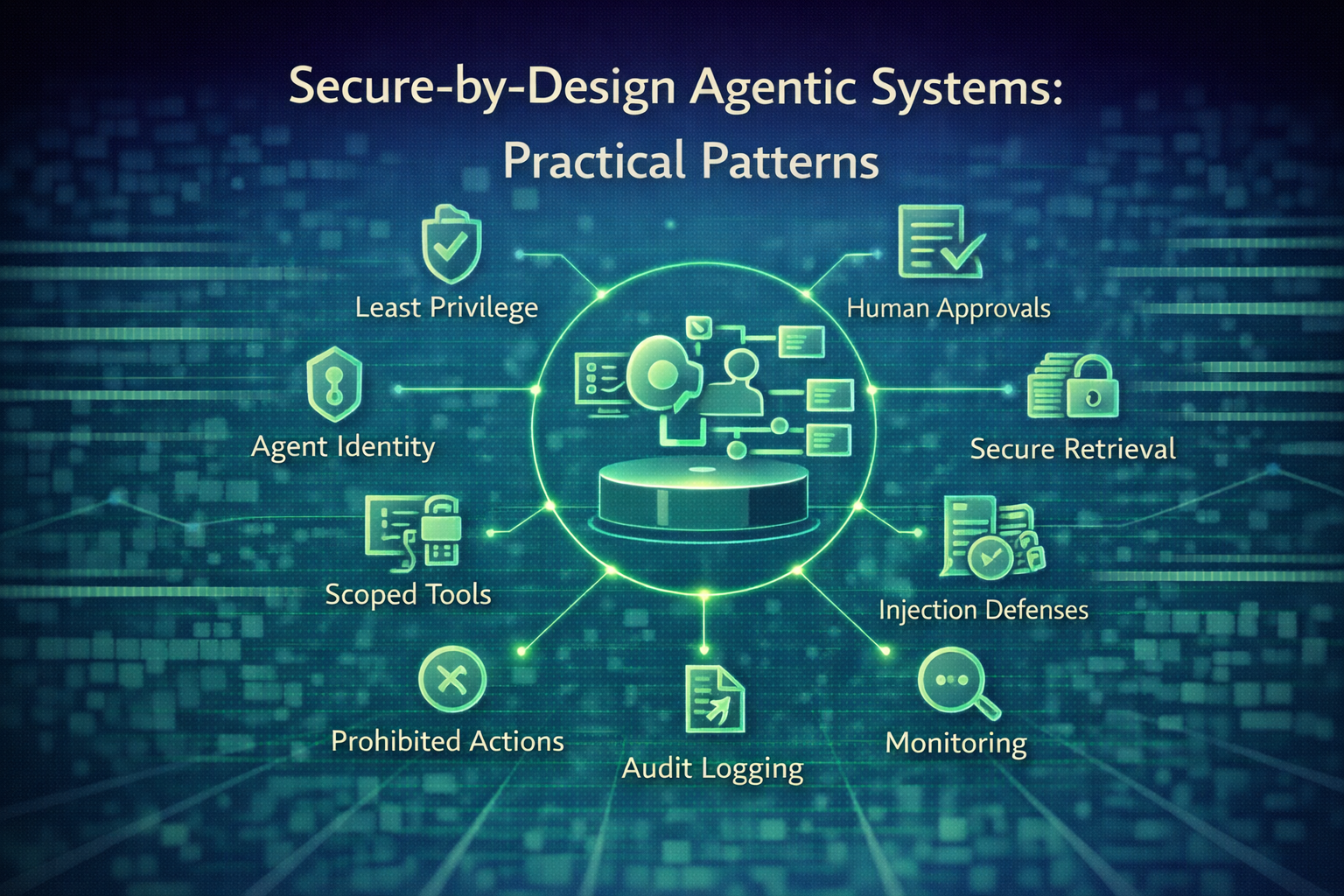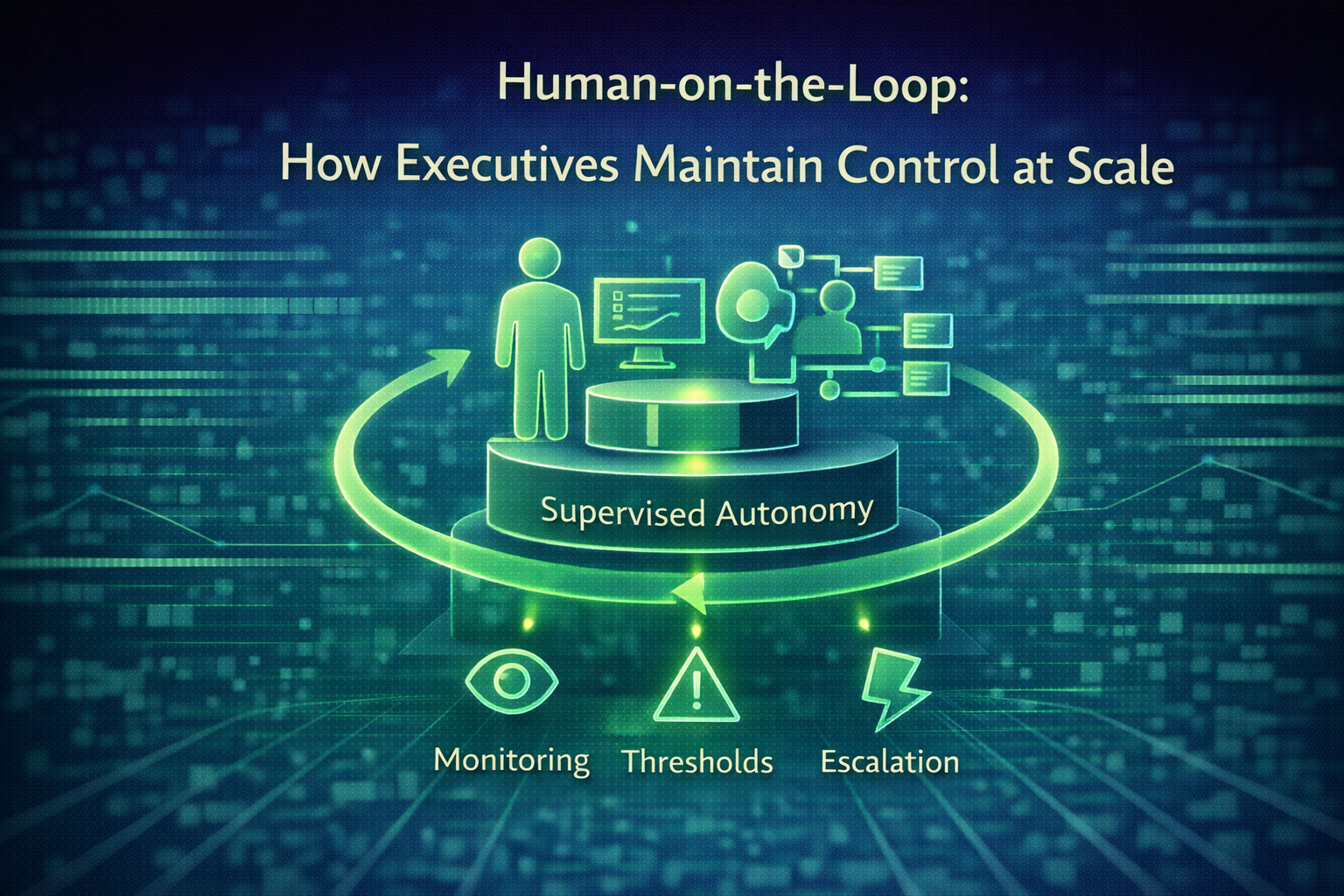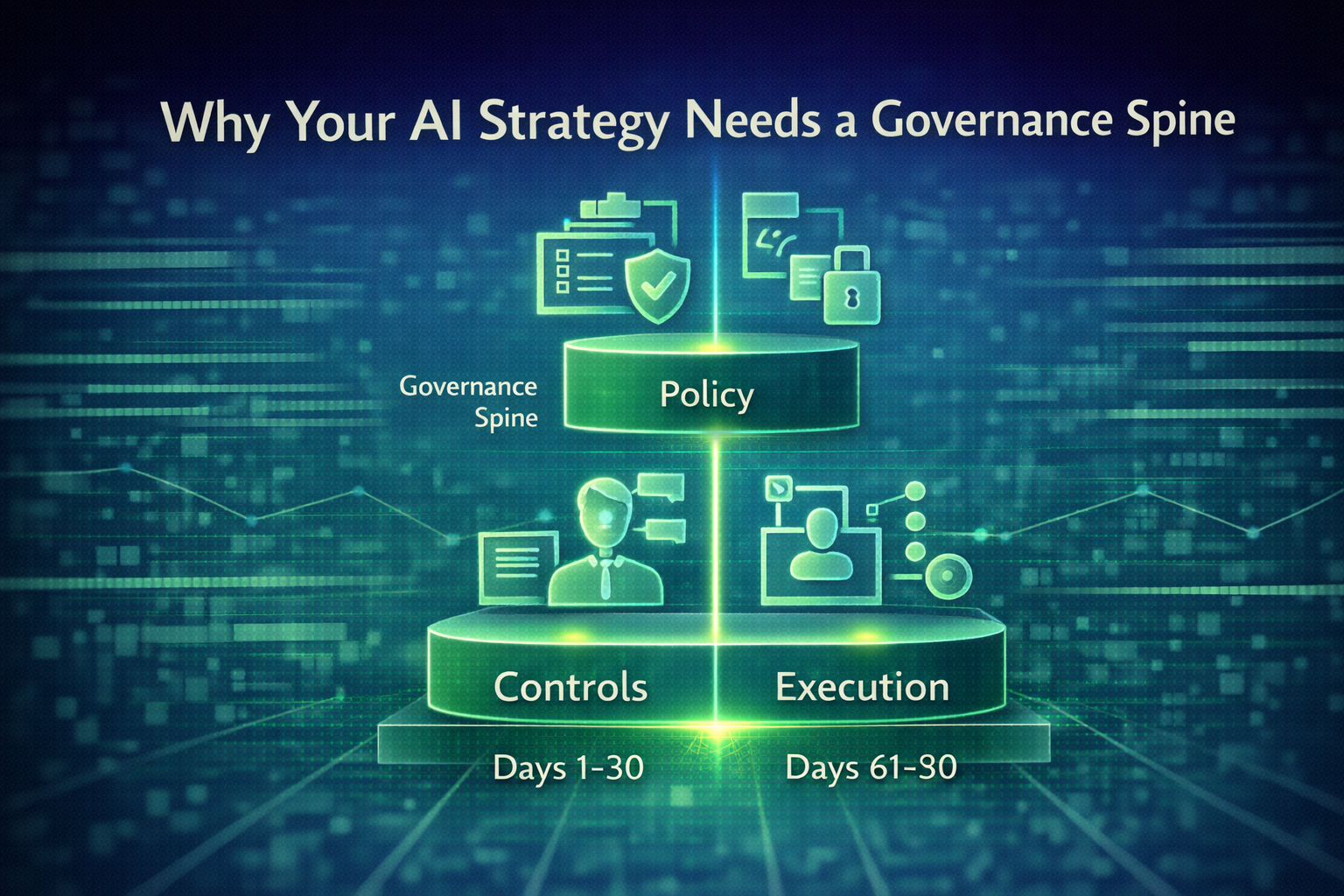Signals That Matter: Turning Telemetry Into Executive Decisions by Mark Hewitt
Enterprises do not lack telemetry. They lack a reliable method for turning telemetry into decisions.
Engineering Intelligence makes signals actionable by adding context, enforcing governance boundaries, and connecting decisions to coordinated action. That is how leaders reduce surprises and increase operational confidence.
Read More
From Dashboards to Governance: The Rise of Operational Command Centers by Mark Hewitt
Enterprises will increasingly build operational command centers because they provide something dashboards cannot: continuous governance and coordinated enterprise response.
Read More
The Control Plane Enterprise: Why Visibility Without Control Fails by Mark Hewitt
Enterprises need an operating layer that converts signals into decisions and decisions into governed action. That is the enterprise control plane. Engineering Intelligence is the foundation that makes it possible.
Read More
Organizational Design for AI: Teams, Practices, Portfolio Model by Mark Hewitt
Why enterprises scale AI through operating model clarity, not through tools.
Read More
How to Measure Success: Operational, Financial, Talent Outcomes by Mark Hewitt
Why enterprise AI must be measured as a capability, not as a collection of pilots.
Read More
Harness Engineering and Continuous AI: Key Takeaways by Dakota Kim
Two concepts have surfaced in quick succession that deserve attention from anyone making decisions about how their engineering organization relates to AI. Both are attempts to name something already happening and give teams a vocabulary for reasoning about it.
Read More
A Practical 24-Month AI Adoption Roadmap: Six-Month Phases by Mark Hewitt
Why enterprise AI success depends on sequencing, operating discipline, and measurable trust.
Read More
Model Risk Management Meets Software Engineering by Mark Hewitt
Why scalable AI requires the discipline of production software, not the looseness of experimentation.
Read More
Secure-by-Design Agentic Systems: Practical Patterns by Mark Hewitt
Why agentic AI must be treated as privileged infrastructure, not a productivity feature.
Read More
Human-on-the-Loop: How Executives Maintain Control at Scale by Mark Hewitt
Why supervised autonomy is the operating model that makes enterprise AI scalable.
Read More
Why Your AI Strategy Needs a Governance Spine by Mark Hewitt
AI at scale requires continuous control, not periodic oversight.
Read More
The First 90 Days of Agentic AI: A Safe Adoption Path by Mark Hewitt
Why early discipline determines whether agentic AI scales into advantage or stalls into risk.
Read More




